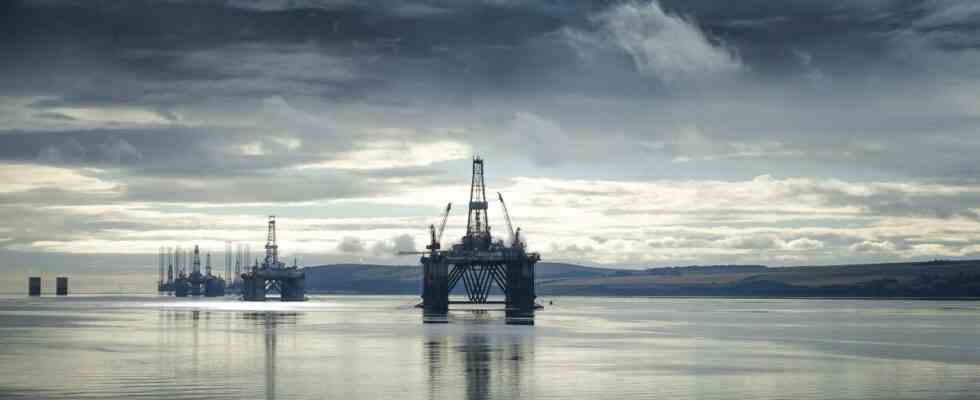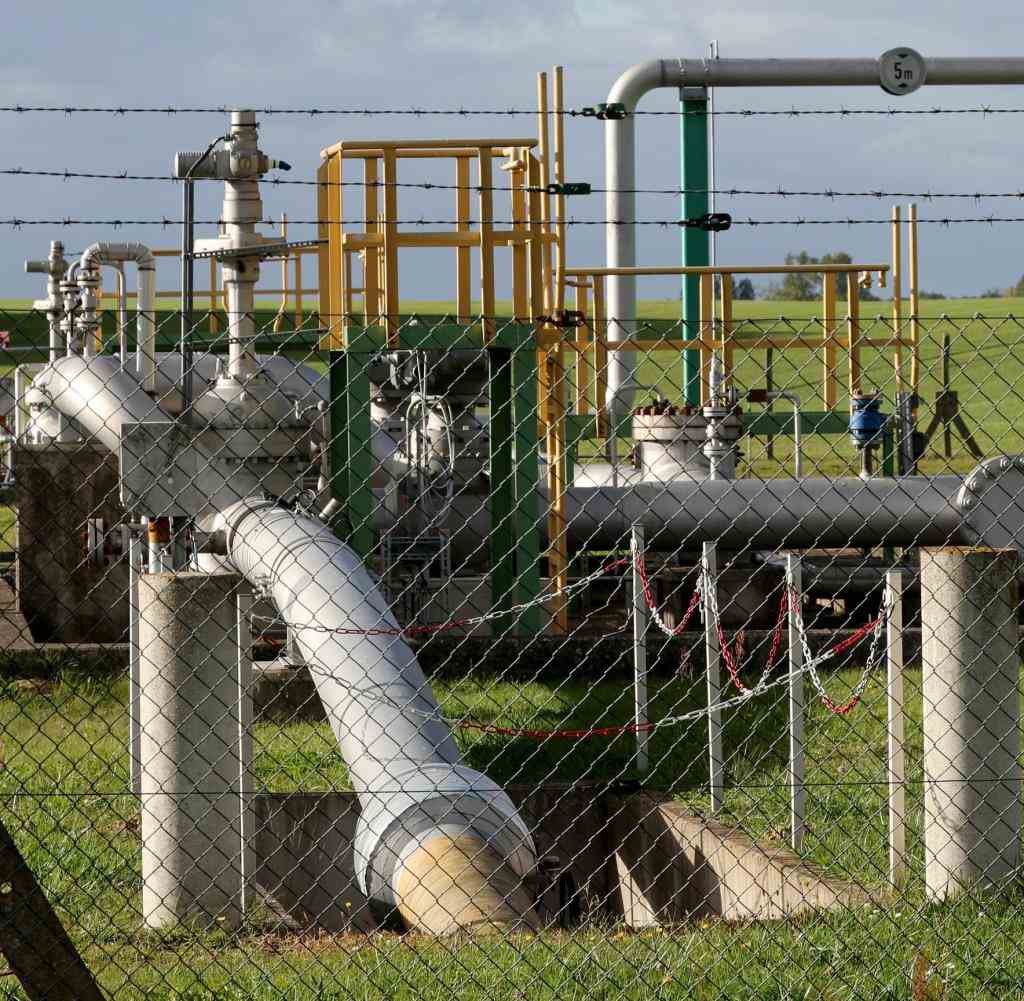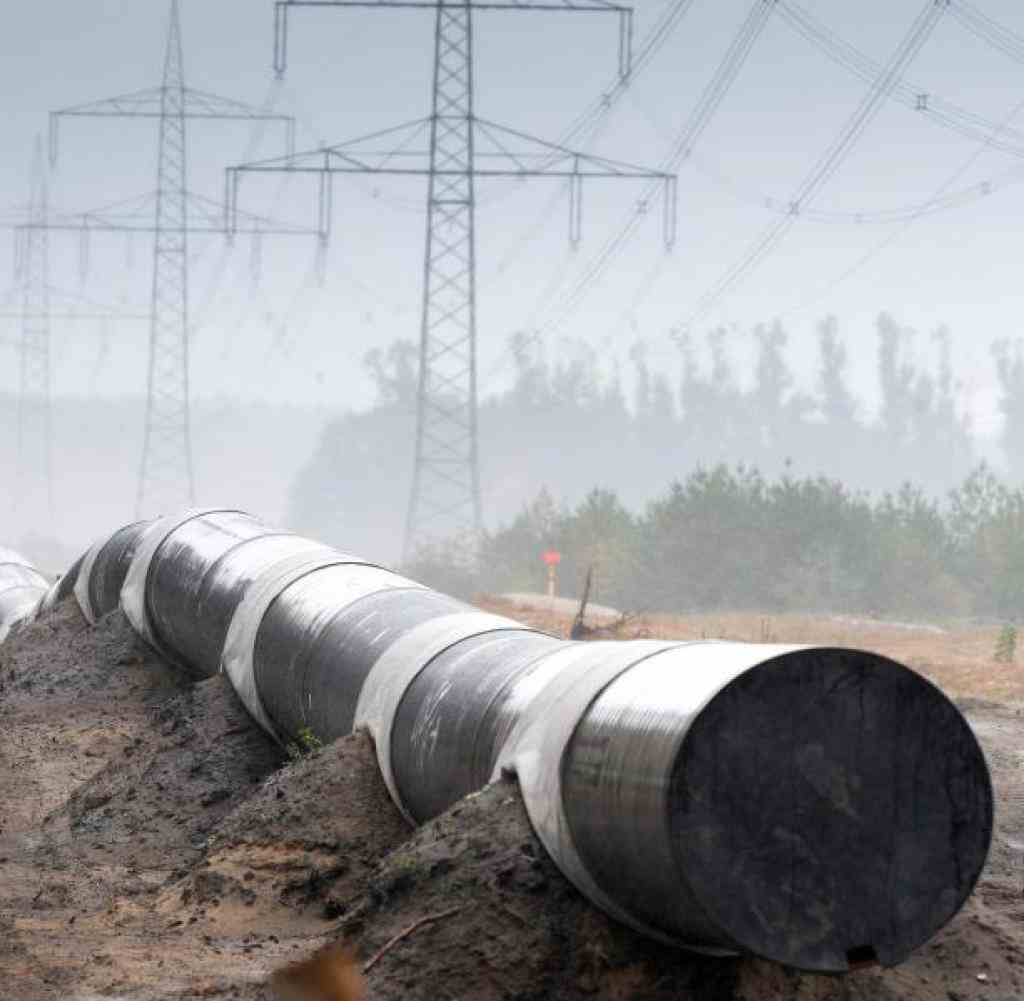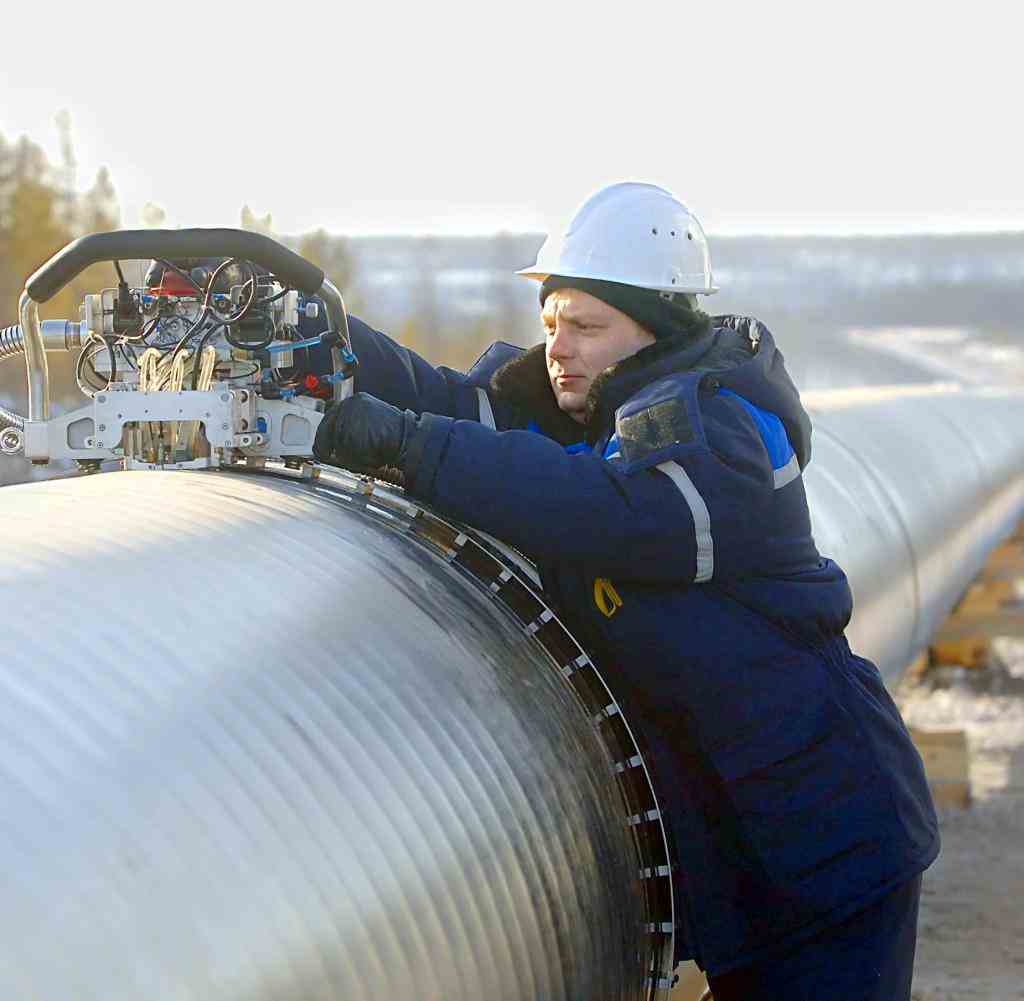Unprecedented intervention in the oil market has been in effect since midnight – Russia is threatening
Selenskyj finds oil price caps too ineffective
Ukrainian President Volodymyr Zelenskyy has criticized the price cap for Russian oil decided by Western countries as too high. With the agreed upper limit of 60 US dollars per barrel, too much money continues to flow into Russia’s budget and thus into the war against his country.
With new sanctions against Russia, the EU and the G7 are radically intervening in the international oil market from this Monday. In addition to import restrictions, a price cap applies. Russia reacted with a threat – and also announced that the measure would have no impact on the course of the war.
RStarting this Monday, crude oil from Russia may only be imported into the European Union in exceptional cases. The import restriction is based on a sanctions regulation passed by the 27 member states in June because of the Russian war of aggression against Ukraine. It came into force shortly after the decision, but provided for transitional periods for the oil embargo.
Also effective this Monday is a regulation intended to force Russia to sell oil to buyers in other countries for a maximum of USD 60 per barrel. The price of around EUR 57 per 159 liters will then be up to EUR 9 below the most recent market price for Russian Urals crude oil.
Both measures are intended to help limit Russian trade gains and thereby also limit Russia’s warfare capabilities.
Exception for Germany
According to an EU official, around three million barrels of crude oil per day are affected by the embargo. At a long-term average price of $70 (€67) per barrel, Russia would lose around $210 million (€200 million) in revenue per day. It is considered impossible that the oil volume can be sold completely to other customers.
Germany wants to stop purchasing Russian crude oil by the end of the year at the latest. Until then, it will make use of an exemption that applies to EU countries that, due to their geographical location, were particularly dependent on pipeline oil from Russia and cannot replace imports so quickly. In the Federal Republic of Germany, the PCK refinery in Schwedt in Brandenburg benefits in particular from this. So far it has been supplied with Russian oil from the Druzhba pipeline, which now has to be replaced.
The pumping station of the PCK Schwedt refinery in Mecklenburg-Western Pomerania: Russian oil still arrives here
Source: dpa/Bernd Wüstneck
So far, without a time limit, the countries of Hungary, the Czech Republic and Slovakia want to make use of the exemption. There are further exceptions for Bulgaria with regard to the import of Russian crude oil transported by sea and for Croatia with regard to vacuum gas oil. An embargo on petroleum products will apply to all others from February 5, 2023.
In order to enforce the price cap for Russian oil exports to non-EU countries, it was decided that in future services essential to Russian oil exports can only be provided with impunity if the price of the exported oil does not exceed the price cap.
Western shipping companies can use their ships to continue transporting Russian oil to countries such as India, China and Egypt. The regulation also applies to other important services such as insurance, technical assistance and financing and brokerage services.
The hope is that the upper price limit will ease the tension on the energy markets and also relieve third countries. In addition, it is also intended to ensure that Russia can no longer benefit from rising oil prices and thus fill its war chest. Kremlin spokesman Dmitry Peskov said in Moscow on Monday that the measure would not affect military action against Ukraine. “Russia and the Russian economy have the necessary capacities to fully meet the needs and requirements of the special military operation,” Peskov told journalists.
Revenues from oil and gas sales accounted for up to 45% of Russia’s state budget last year, according to the International Energy Agency. According to EU officials, oil accounted for around 37 percent of total export earnings benefiting the state budget.
Russia, meanwhile, has threatened that it will not supply oil to countries that accept the price cap. The country sees the instrument as non-market economy and will develop a mechanism to ban the use of the upper limit, Russian Deputy Prime Minister Alexander Novak said on Moscow state television on Sunday. If Moscow held out, it could lead to a shortage and thus rising prices.
“Kick-off Politics” is WELT’s daily news podcast. The most important topic analyzed by WELT editors and the dates of the day. Subscribe to the podcast at Spotify, Apple Podcasts, Amazon Music or directly via RSS feed.




